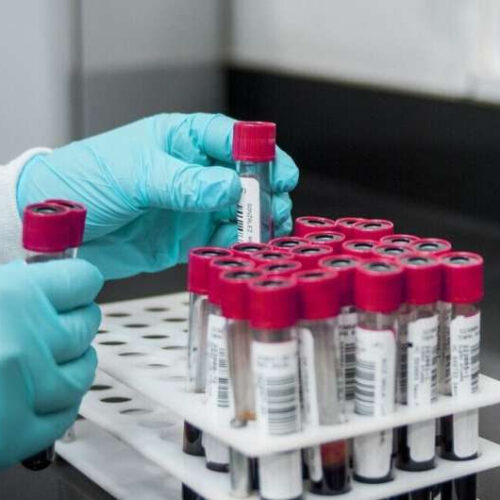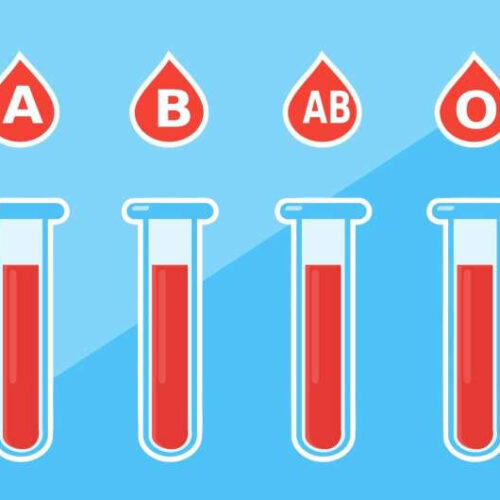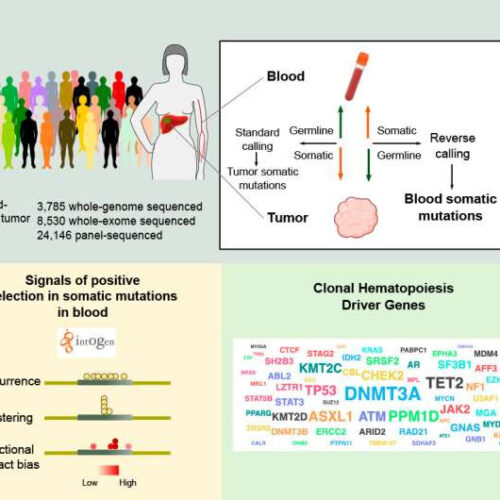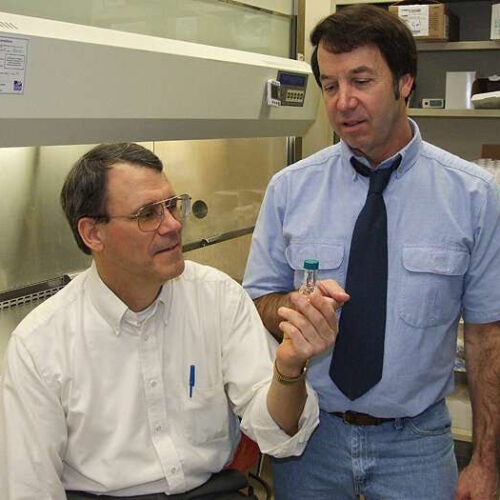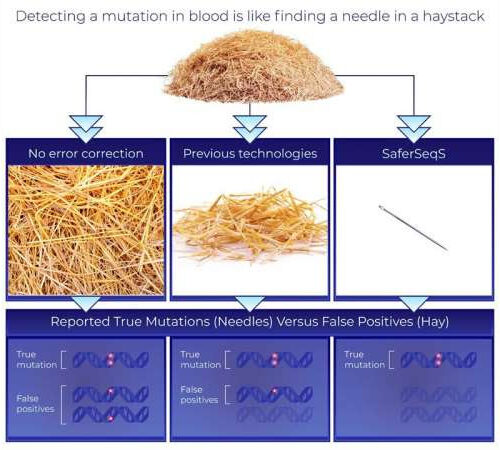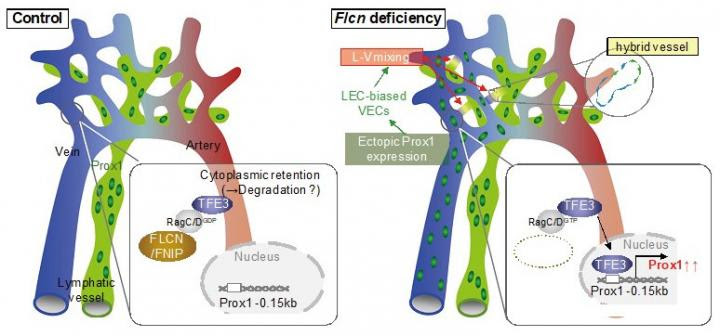by Institute for Systems Biology Credit: Pixabay/CC0 Public Domain Scientists from the Institute for Systems Biology (ISB) have shown which blood metabolites are associated with the gut microbiome, genetics, or the interplay between both. Their findings will be published in the journal Nature Metabolism and have promising implications for guiding targeted therapies designed to alter the composition...
Tag: <span>Blood</span>
Low and normal blood oxygen levels: What to know
Blood oxygen level is the amount of oxygen circulating in the blood. Red blood cells carry most of the oxygen, collecting it from the lungs and delivering it to all parts of the body. The body closely monitors blood oxygen levels to keep them within a specific range so that there is enough oxygen for...
Your blood type could predict your risk of having a stroke before age 60, new study suggests
by University of Maryland School of Medicine Credit: CC0 Public Domain A person’s blood type may be linked to their risk of having an early stroke, according to a new meta-analysis led by University of Maryland School of Medicine (UMSOM) researchers. Findings were published today in the journal Neurology. The meta-analysis included all available data from...
Cancer research repurposed to expose age-related blood diseases
by Institute for Research in Biomedicine (IRB Barcelona) Tools and datasets used to identify cancer driver genes could also advance research in clonal hematopoiesis. Credit: IRB Barcelona Clonal hematopoiesis is a biological process in which a blood stem cell (the population that gives rise to a variety of blood cell types) acquires an advantageous mutation and...
Researchers team up to unravel mysteries of puzzling bacterial signals in our blood
by University of Connecticut Dr. Frank Nichols (seated) and Dr. Robert Clark at UConn Health. Credit: Carolyn Pennington / UConn Health Photo A type of bacteria that live in our mouths and guts send signals—in the form of lipids—through our blood, which could be good or bad, depending on the context. A multi-disciplinary collaboration of...
Researchers find key blood stem cell regulator
A protein that masterminds the way DNA is wrapped within chromosomes has a major role in the healthy functioning of blood stem cells, which produce all blood cells in the body, according to a new study from researchers at Weill Cornell Medicine. The protein, known as histone H3.3, organizes the spool-like structures around which DNA is...
Research team takes gene mutation detection in blood to the next level
by Johns Hopkins University School of Medicine New SaferSeqS technology detects rare mutations in blood in a highly efficient manner and reduces the error rate. Credit: Elizabeth Cooke Next-generation gene sequencing (NGS) technologies—in which millions of DNA molecules are simultaneously but individually analyzed—theoretically provides researchers and clinicians the ability to noninvasively identify mutations in the blood...
How blood and lymph vessels remain separated after development
KUMAMOTO UNIVERSITY IMAGE: Normally, FLCN keeps the transcription factor TFE3 in the cytoplasm and suppresses the expression of Prox1 in veins. When FLCN is deleted, TFE3 migrates into the nucleus and Prox1 is expressed resulting in the appearance of venous endothelial cells that resemble lymphatic vessels. In other words, FLCN acts as a gatekeeper that regulates the plasticity of blood and...
New tool helps gather useful genetic information obtained from blood, skin tissues
Researchers at CHOP and University of Pennsylvania developed an online tool to refine results from RNA sequencing obtained from clinically accessible tissues CHILDREN’S HOSPITAL OF PHILADELPHIA Philadelphia, March 31, 2020 – DNA sequencing is becoming a more commonplace method for detecting diseases and improving precision medicine. Because DNA sequencing does not detect all possible disease-causing...
Woman’s Blood Turned Blue After Using Over-The-Counter Drug To Treat Toothache
21 September 2019, 9:23 am EDT By Allan Adamson Tech Times A woman from Rhode Island suffered from a rare and potentially life-threatening disorder after using an over-the-counter pain medication she bought to treat her toothache. The woman’s condition deprived her of oxygen and turned her blood dark blue. Blue BloodDoctors who reported the case...

